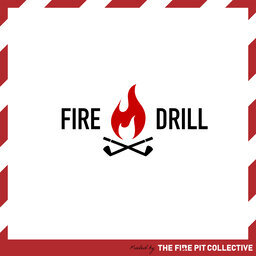Need A 4th?! Ep. 6 with Ben Crenshaw
Now, on an all new Need a Fourth: the gentle wisdom of a golfing legend, Mr. Ben Crenshaw! In this episode, Alan Shipnuck, Geoff Ogilvy and Michael Bamberger visit with the only man who could have found his way to the World Golf Hall of Fame wearing two different hats, one as a player (two-time winner of the Masters) and the other as an architect (Sand Hills, just for starters).
Geoff has played in loads of tournaments with Crenshaw, and Alan and Michael have been interviewing him for years, but in this conversation they all heard things they had not before. Ben talks about the new 13th tee at Augusta National, and his memories of playing there as an amateur.
Geoff asks Ben about the secrets to putting, and you won't have to be a U.S. Open winner (as Geoff is) to understand the wisdom of what Ben says!
Ben speaks movingly about his love for the game, for The Country Club, for caddies, for courses. Need a good listen? Allow us to offer, “Need A 4th?!”
In 1 playlist(s)
The Fire Pit Podcast
In the 25 years of covering golf, the development of the game, courses and the camaraderie that’s co…Social links
Follow podcast
Recent clips

Fire Drill 099: State of the Union
1:19:41

L.A.B. Golf - Part 9: “Reflections” - The Fire Pit w/ Matt Ginella
38:32

L.A.B. Golf – Part 8: “Glover Wins Again” - The Fire Pit w/ Matt Ginella
1:06:12
 The Fire Pit Podcast
The Fire Pit Podcast